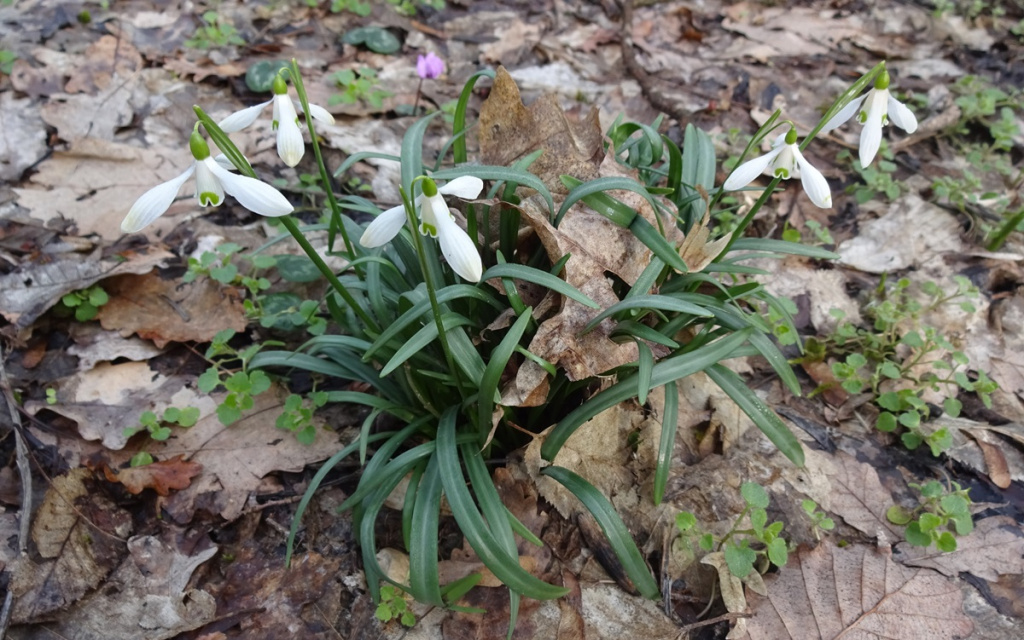

During the Snowdrop Day the Ministry of Natural Resources drew the attention of Russians to the problem of the disappearance of this spring flower. The significance of this primrose in nature is really great.
The plants serve as a source of food for bumblebees and other pollinating insects supplying them with nectar and pollen at a time of year when the nature is still «dormant».
The seeds, tubers and bulbs of some of them serve as food for various animals.
Despite the fact that some species of this flower are listed in the Red Book of the Russian Federation, many people still continue to exterminate them and destroy their habitats.
In Russia, the collection and sale of snowdrops provides for an administrative fine of 2.5-5 thousand rubles for individuals, 15-20 thousand rubles for officials and from 500 thousand to 1 million rubles for legal entities. In addition to this, another 300 rubles will be charged for each flower which was picked up. Plants are confiscated upon violation. If the snowdrops were collected in a specially protected natural area, then the amount charged for each flower will amount to 450 rubles.
To prevent violations of environmental legislation the institutions that manage nature reserves and national parks on the eve and during the flowering period of primroses announce the "Primrose" operation, which is aimed at strengthening the protection of rare plants and promoting environmental education of the population.
 Blogs
Blogs
